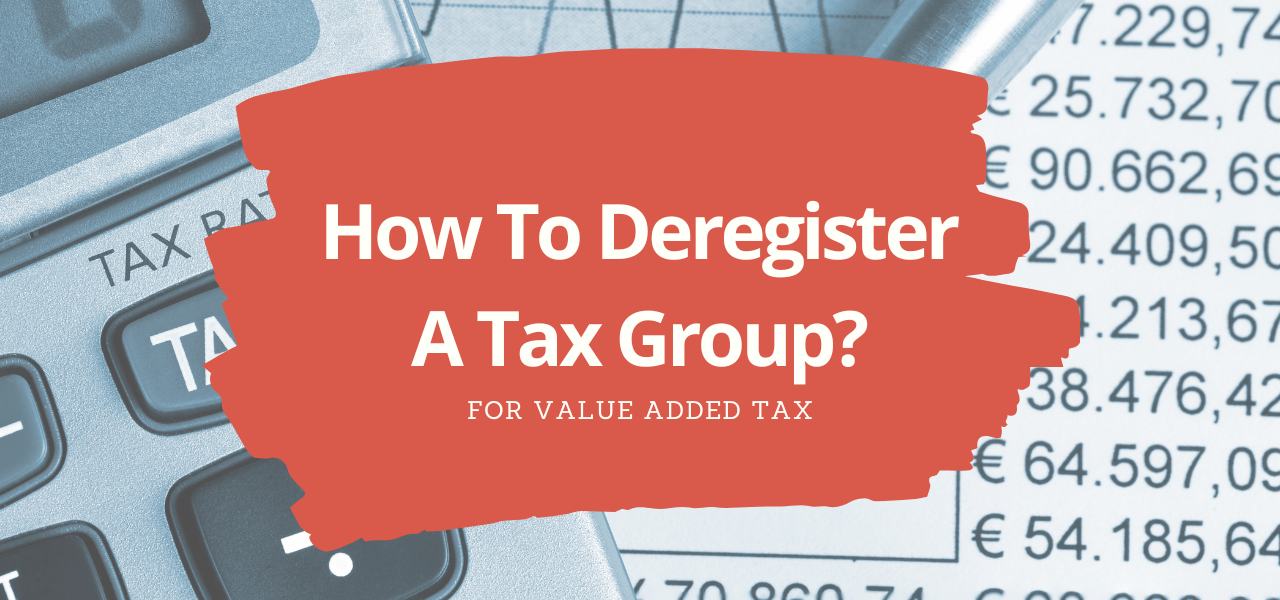The subject of taxation in the UAE is rich and diverse. From exploring income tax for expatriates in the UAE to understanding the complexities of the UAE tax regulations, this comprehensive guide sheds light on various dimensions of worker taxation in the UAE.
In fact, the tax infrastructure in the United Arab Emirates is loaded with surprises. We’ll be discussing tax-free zones and income tax to VAT – everything in fact, today’s guide will explain all types of taxes in UAE for workers.
Federal Taxes in the UAE
1. Individual Tax
The UAE tax system is a complex framework that encompasses several aspects, including taxation laws in the UAE and the tax implications for workers in UAE. It’s essential for both employers and employees to comprehend the nuances of the system.
UAE employees who are GCC (Gulf Cooperation Council) nationals have to pay a social security rate of 17.5%. On the other hand, Emirati nationals pay 5%, while the employer pays an extra 12.5%. The 5% tax is automatically deducted from the employee’s paycheck.
Social security taxes are also imposed on branches and firms registered within the Free Trade Zone. Plus, residents of other GCC countries might be subject to other social security obligations based on their home country. On the contrary, non-GCC nationals are not imposed with any social security in the UAE.
UAE tax rates for employees vary depending on factors such as income level and residency status. For expatriates, the UAE offers certain tax exemptions for expats in UAE, making it an attractive destination for professionals seeking financial advantages.
2. Income Tax
This is the most common type of tax in the UAE for workers. The United Arab Emirates is a tax-free haven for all employees. This means that there is no need for an income tax return because the country doesn’t levy individual taxes. The same applies to self-employed people who are based in the UAE.
3. Corporate Tax
On 1 June 2023, federal corporate taxation was introduced for all companies having a net profit of AED 375,000 or above. The flat corporate tax rate is 9%. Small businesses are given exemptions. Business owners that fall into this category have to register with the Federal Tax Authority and submit corporate tax returns every year.
4. Rental Tax
Taxes on rented properties differ in each Emirate. For example, Abu Dhabi citizens are not subject to this tax. However, their foreign counterparts are subject to a 3% tax. Likewise, tenants pay 5% of their yearly rent for rental properties in Dubai. Moreover, all tenants have to pay a rental tax of 2% in Sharjah.
5. Payroll taxes in the UAE
Payroll taxes in the UAE encompass the mandatory contributions made by both employers and employees to the government’s revenue pool. These taxes are typically calculated as a percentage of an employee’s salary and are directed towards funding various public services and social welfare programs. They play a vital role in the overall fiscal arena, serving as a substantial revenue stream for the government’s expenditure on essential services such as healthcare, education, and infrastructure development.
Tax residency rules in the UAE
Tax residency rules in the UAE are a set of regulations that determine an individual’s liability for taxation based on their period of stay in the country. In essence, they define when an individual becomes eligible for taxation in the UAE due to their extended residency. Typically, a person is considered a tax resident if they spend a certain number of days within the country during a fiscal year. These rules guide the determination of an individual’s tax obligations, ensuring that those who benefit from the UAE’s services and facilities contribute their fair share to the nation’s financial resources.
By grasping payroll taxes in UAE and UAE tax residency rules, individuals can ensure compliance and avoid legal complexities.
Wealth and Property Taxes in the UAE
1. Property Transfer Tax
A transfer tax is applied to the transfer of real estate in the United Arab Emirates. This tax differs for each Emirate. For instance, it is 4% in Dubai. Even though the seller and buyer both share this tax, the buyer usually pays the fee.
2. Capital Gains Tax
Typically, the UAE imposes no capital gains tax unless they are obtained from company sales, which are liable to income tax.
3. Inheritance Tax
Like many other types, this tax is also absent in the UAE. But if the deceased did not leave a will, the inheritance is handled as per Islamic Sharia laws. This is done irrespective of the nationality of the deceased individual.
4. VAT and Company Taxes
The UAE has set a 5% VAT for Emirati companies. Firms have to register for VAT in case their taxable supplies and imports go beyond AED 375,000 per year. Companies that fulfill the threshold of AED 187,500 can join the register on their own. Usually, VAT-registered companies have to:
- Keep records of government purposes
- Reclaim VAT on any company services and goods that they buy
- Charge VAT on the taxable goods they distribute
International companies can recover VAT expenses in the UAE.
5. Excise Tax
UAE companies have to register for excise tax if they engage in the following:
- The ones overseeing a designated zone or an excise warehouse.
- The import of excise goods into the UAE.
- Stockpiling of excise goods in the UAE.
- The manufacturing of excise goods to be consumed in the UAE.
Companies can register for excise tax via the e-services section on the FTA website.
Tax Evasion and Avoidance in the UAE
All taxable individuals, including workers, must follow the laws surrounding relevant taxes. If any person fails to do so, they can face a prison sentence in the worst-case scenario. Minor offenses usually lead to penalties. The highest financial penalty is five times the amount of the avoided tax.









